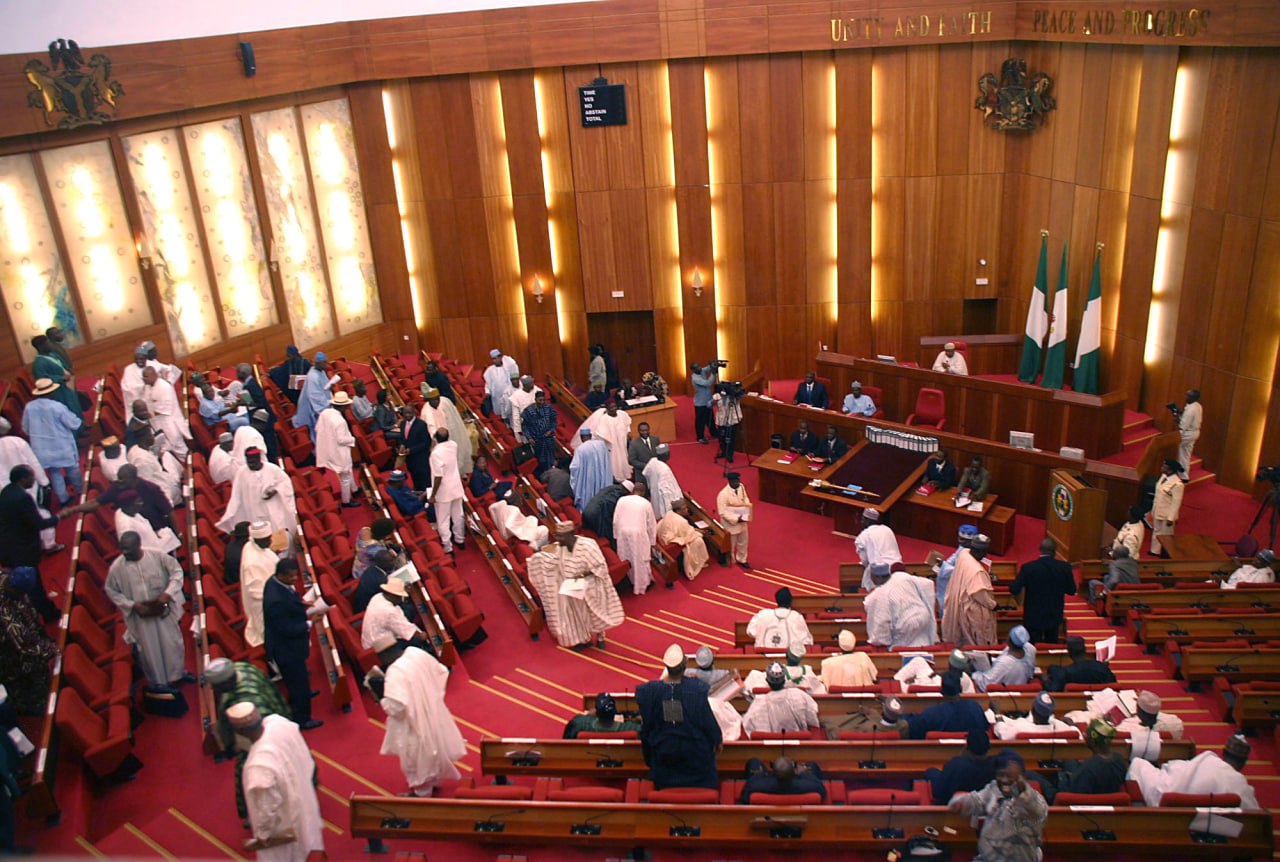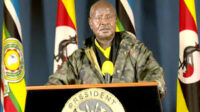Nigeria’s House of Representatives is deliberating a proposed bill that aims to limit the number of federal ministers to 37 in a bid to cut costs and enhance governance efficiency. The move comes as concerns mount over the size and spending of President Bola Tinubu’s cabinet, which currently comprises 45 ministers.
The bill, sponsored by federal lawmaker Mansur Manu Soro, seeks to address fiscal pressures caused by Nigeria’s bloated governance structure while ensuring equitable ministerial representation for all regions, including the Federal Capital Territory (FCT). Speaking to the media, Soro emphasized the importance of reducing the cost of governance and rectifying inequalities in ministerial appointments.
“A minister per state is enough while also considering the Federal Capital Territory,” Soro stated, adding that the current structure creates inefficiencies and overlapping mandates within ministries. He further argued that the president could utilize other government positions, such as special advisers and senior government roles, to accommodate technocrats and experts outside the cabinet structure.
Nigeria, Africa’s most populous nation, has faced sustained criticism over its high cost of governance, a challenge exacerbated by economic pressures, declining revenues, and rising public debt. The Tinubu administration’s 45-member cabinet has drawn particular scrutiny for its size, given the country’s strained resources and growing calls for austerity. Critics argue that an oversized cabinet places an unnecessary financial burden on taxpayers without delivering proportional improvements in service delivery.
Mansur Manu Soro’s proposal to cap the number of ministers at 37—representing the country’s 36 states and the FCT—aims to strike a balance between representation and fiscal responsibility. The lawmaker highlighted the need to eliminate overlapping ministerial responsibilities that often lead to inefficiency and inflated administrative costs.
“The current structure allows for some states to have multiple ministers while others are represented by only one. This imbalance undermines the principle of fairness and effective governance,” Soro stated.
The Nigerian Constitution mandates that each state must have at least one minister in the federal cabinet to ensure regional inclusion and equity. However, successive administrations have often exceeded this constitutional requirement, appointing multiple ministers from certain states while others remain underrepresented.
This disparity, according to Soro, creates both economic inefficiencies and political discontent. By capping the number of ministers at 37, the proposed legislation seeks to guarantee equitable participation from all states and regions without sacrificing merit or expertise.
The bill also advocates for streamlined mandates within ministries, arguing that overlapping portfolios lead to administrative redundancy. For example, similar functions often appear under multiple ministries, creating confusion, inefficiency, and unnecessary expenditure.
While reducing cabinet size, Soro emphasized that the president could still incorporate technocrats and sectoral experts into governance through other channels. Positions such as special advisers, senior assistants, and heads of government agencies provide ample opportunities to tap into professional expertise without expanding the federal cabinet.
“Nigeria has no shortage of talented technocrats. However, we need to deploy them efficiently and effectively. It is not sustainable for every political consideration to result in a cabinet appointment,” Soro remarked.














Leave a comment